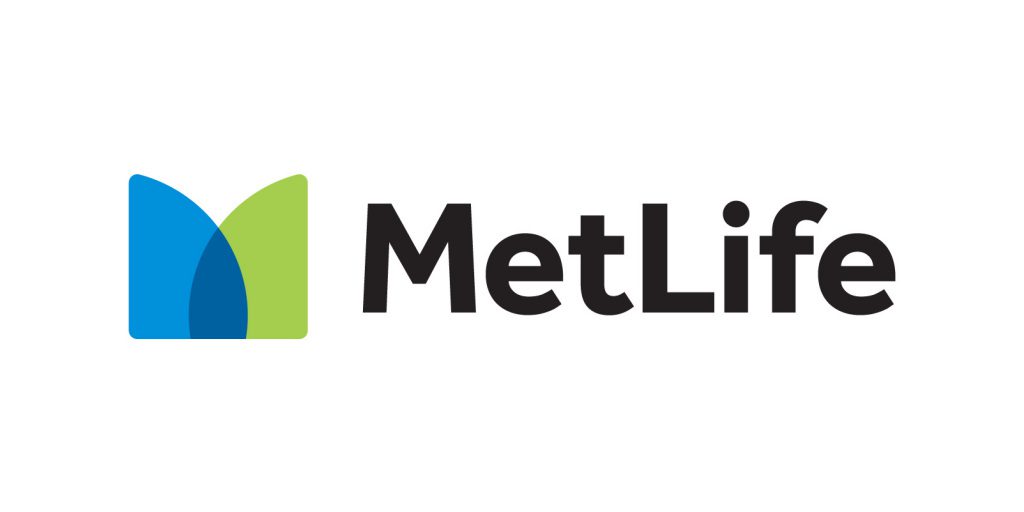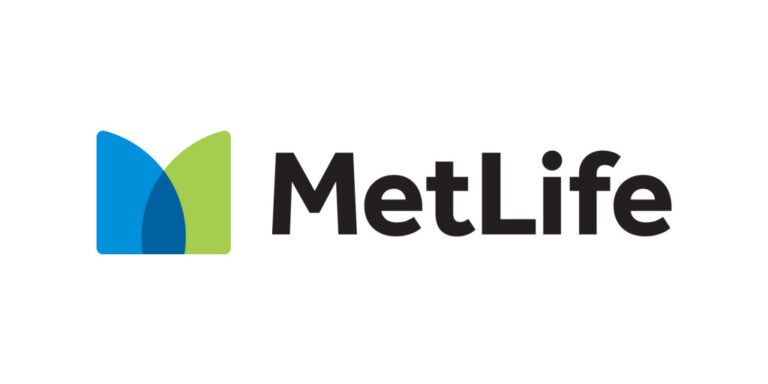This article is the sixth article in our series—The Promise of Targeted Universalism: Community Leaders Respond—that NPQ is publishing in partnership with the national racial and economic justice nonprofit Prosperity Now. In this series, writers will examine how targeted universalism—a narrative framework that advocates the use of targeted approaches to achieve universal goals—can inform efforts to close the racial wealth gap, community by community.
Talent, we posit, is distributed equally across the country, but opportunity quite obviously is not. A lot of the work of community development practitioners, particularly in rural communities like those in the South where we work, focuses on closing the gap between talent and opportunity and between opportunity and wealth.
Wealth building usually revolves around an increase in income and net worth primarily from real estate or investment transactions. These traditional wealth building strategies are not creating equitable wealth for people in BIPOC communities, as we see the racial wealth gap continuing to widen.
According to a study by the Association for Enterprise Opportunity, Black business owners have 12 times more wealth than Black wage earners. However, support for entrepreneurs of color cannot focus solely on business start-ups or even small business growth but must rather include intentional pathways for building wealth.
Targeted Universalism, as developed by john a. powell and his colleagues, provides a pivotal framework for closing the wealth gap. The universal goal applied here is that all entrepreneurs in the US ought to have the opportunity to generate reasonable wealth. A radical idea. We root our work in the notion that health begets wealth, so addressing the social determinants of health—such as ensuring access to healthy food—is actually critical to achieving success in business development, especially when working alongside businesses in Black, Latinx, Indigenous, and other communities of color.
Utilizing the targeted universalist approach, the messaging of this universal goal links wealth building for all entrepreneurs to overall wellbeing in the US economy. Take, for instance, a McKinsey & Company study published in October 2020. It demonstrates that the racial wealth gap is estimated to cost the US economy up to $1.5 trillion per year by 2028. McKinsey further concludes that building supportive ecosystems for Black-owned businesses by addressing the “challenges of access—to capital, expertise, and services” will help close the racial wealth gap.
Fortunately, there are business development organizations across the country today led by Black, Brown, white, and Native American individuals—both urban and rural—that are well positioned to expand into intentional wealth creation. Forming a multiracial coalition around entrepreneurial wealth building allows a deeper assessment of how a specific population of entrepreneurs performs relative to the universal goal. By working closely together, customized strategies can be developed to address the unique barriers faced by each targeted group. A key strategy is to look beyond business profitability to a “whole person” approach that focuses on key wealth building strategies including the well-planned sale and transition of businesses owned by people of color.
The targeted strategies vary depending on the entrepreneur, their family’s wealth, and the community in which they live. Key steps to helping all businesses thrive and build wealth include the following:
- Secure equity capital so as not to rely on credit cards that ruin credit scores before a business even gets on its feet.
- Develop strong financial and management systems to ensure the business becomes profitable.
- Innovate process and products to become and remain competitive—whether the entrepreneur is operating a business that provides essential quality of life in their community or building a high-tech product.
- Access capital to grow the business and purchase assets that appreciate and contribute to wealth-building.
- Secure trusted investment advice to set up 401Ks or individual retirement accounts (IRAs) that build wealth.
- Secure trusted financial and legal advice to position businesses for sale, either during peak of a growth cycle or before retirement, in order maximize the business sales price and corresponding wealth-building opportunities.
Some entrepreneurs have easy access to the resources needed to take these steps, while others face institutional or geographic barriers.
So, what are the tools we need to achieve the universal goal? Communities Unlimited’s ambitious new e-Wealth Health1 initiative addresses the socioeconomic inhibitors to small business growth and wealth building for business owners of color by taking a whole person approach to serving the business owner. It addresses the lack of access to capital, provides professional business and management skill-building, and wrap around supports for creating wealth.
Communities Unlimited is a community development financial institution (CDFI) intent on participating in multiracial partnerships and coalitions. It has worked with entrepreneurs of color and rural small businesses in the Arkansas/Mississippi Delta since 1998 and now works across seven states in the South.
When Communities Unlimited began lending to small businesses in 2009, it sought to turn traditional lending on its head to create greater access to capital for rural businesses and entrepreneurs of color. Relying on credit scores and collateral for loan decisions perpetuates barriers to capital for under-resourced entrepreneurs. Instead, Communities Unlimited de-risks supposedly “risky” loans through intensive technical assistance, helping the borrower determine exactly how much capital they need. This may seem a trivial issue—it is not. Many a business fails either by borrowing too little or too much.
As a business meets or exceeds benchmark projections while making regular payments, follow-on loans meet the borrower’s growing capital needs. When a business runs into an unexpected challenge, the technical assistance provider, who knows that business well, steps back in to assist the entrepreneur in problem-solving, while the lending team restructures the loan to create cashflow relief.
By adding the new e-Wealth Health initiative, we are starting to see entrepreneurs of color intentionally work toward wealth creation. Unlike tech accelerators across the country that hope to engage entrepreneurs of color in developing high-profit products and services, Communities Unlimited’s approach is industry agnostic. We meet every entrepreneur where they are. The model we use is multi-dimensional and focuses on working alongside business owners to help them build a profitable business, incorporating measurable performance objectives that, if met, lead to increased business equity and wealth creation.
Take the Johnsons, a Black couple based in the rural Delta community of Crossett, Arkansas, who launched Bic’s Cajun Kitchen—on wheels. Dwight Johnson is in his forties and has worked for another company for 15 years with no health care nor retirement benefits and had very minimal accumulated savings. Communities Unlimited assisted the couple with a thorough business plan and projections, provided a $40,000 start-up loan to purchase their food truck in May 2021, and accompanied the launch with consulting services. The Johnsons are now operating the business part-time while continuing to work their old jobs to maintain a steady income as they ramp up operations. After only six months, they are generating more revenue in two days of business operation than the sum-total of their monthly wages. They have a clear wealth building strategy in place: 1) Create savings to cushion unforeseen events; 2) Set up an IRA, with regular, monthly contributions; and 3) Eventually transition the business to their kids.
Building wealth through intentional retirement investments is critical. Building wealth through the strategic purchase of appreciating assets is another. While COVID-19 forced the closure of 25 percent of childcare centers in 2020, Ethel’s Educational Express Child Development Center, LLC (EEECDC) in Jacksonville, Arkansas not only survived but thrived. In 2013, Ethel Knight, a Black entrepreneur, started an in-home daycare as she completed her social work internship. By 2014, she moved from a home-based to a leased facility. Communities Unlimited set up the group’s accounting system and provided her with a $6,000 working capital loan to purchase equipment and additional learning supplies for the larger center.
By 2015, Knight’s business had outgrown this facility and moved to a larger leased space. Over the next three years, the business continued to grow but suddenly faced cash-flow challenges when the landlord doubled the rent. Knight learned that the first building she had occupied was for sale and she relied on Communities Unlimited for an $80,000 loan to finance the purchase. Since that purchase, Knight has been able to manage her profitability and cash flow better and has invested in improvements to the building and playground. When COVID started, she had funds to invest in the new protocols like an air purification system, deep cleaning three times each week, and dry cleaning linens twice each week. The state’s department of human services allowed her to exceed capacity and referred additional students to her.
As properties everywhere in Jacksonville—just northeast of Little Rock—appreciate, so does the building Knight owns. She now has five full-time employees, including two of her daughters who have been active in her business and want to one day take it over when Knight is ready to retire.
As important as creating awareness about the importance of retirement savings and providing support in purchasing appreciating assets is helping small business owners plan early how to sell their businesses when they retire. When a small business closes because of retirement instead of transitioning to the next generation, entrepreneurs often gain little and are unable to transfer wealth to the next generation.
Before COVID-19, there were 31.7 million small businesses in the US, about six million of which have employees. One in 12 businesses closes every year; an estimated 21.9 percent of those closures are due to retirement.
A rough estimate suggests there are 578,525 small businesses that close annually instead of being sold when the entrepreneur desires to exit or is forced to retire for health reasons. In other words, instead of building wealth by selling their businesses, more than 578,000 entrepreneurs forfeit that opportunity. Meanwhile, the lack of planning results in their communities losing key viable business ventures and jobs. Economically speaking, it requires fewer resources to transition a business to the next generation and have them grow that business than to launch a new business.
The fact that Knight has two of her children working in her business is uncommon. Most children of entrepreneurs have no interest in taking over the family business. As one estate attorney observes, “Statistics bear out that 60-70 percent of small business owners wish to pass along their businesses to the next generation of family members, yet only about 15 percent ever do that.” Communities Unlimited’s own research shows that entrepreneurs of color whose children cannot take over the business initially don’t see any other option than to ride things out and then “close up shop.”
With some planning, however, there are far more beneficial options that include: 1) a sale to a key staff person who understands the business, 2) forming a worker-owned cooperative to purchase the business, 3) selling the business to a customer or vendor, and 4) selling to a local entrepreneur seeking to diversify their business. Valuing the business, structuring the sale to minimize the tax burden, negotiating the sale, drawing up legal documents, and financing the purchase for the next generation all require third-party expertise that may not be readily available in a rural community nor accessible to an entrepreneur of color.
Moving beyond a focus on business success to one that helps entrepreneurs exit with their wealth intact is critical, if we are to achieve the universal goal that all entrepreneurs are positioned to achieve reasonable wealth.
A “whole person” approach supports entrepreneurs of color, especially in rural communities, throughout their lives. Doing so boosts purchasing power, preserves jobs, and keeps critical businesses operating. Most importantly, it could not only help to address the growing wealth gap that disproportionately impacts families of color, but also move the nation overall toward adopting a universal vision of equitable and sustainable prosperity.
















